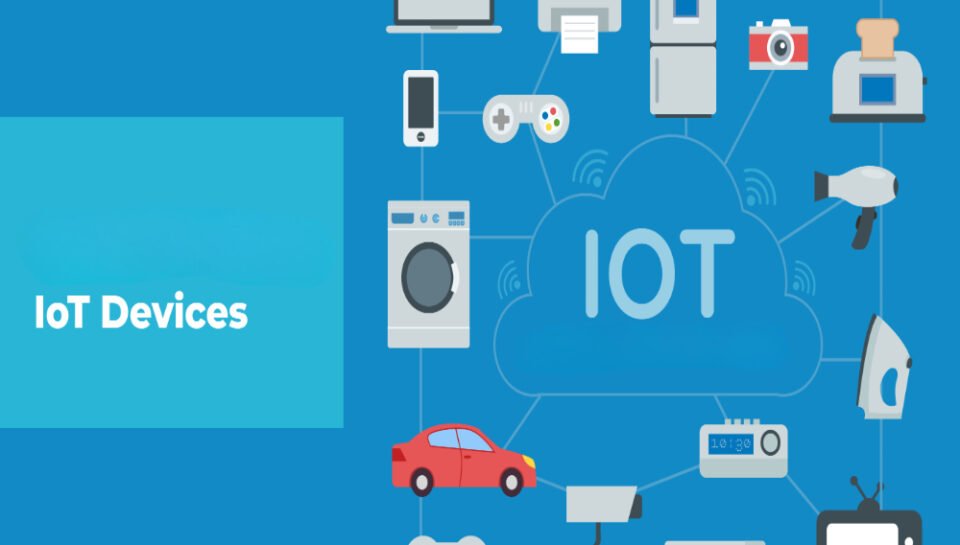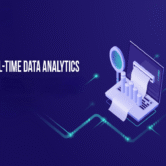
Describe the integration of IoT devices in startup service delivery.
Introduction
The Internet of Things (IoT) has redefined how businesses operate, communicate, and serve customers by creating a network of interconnected devices that collect, transmit, and act on data in real time. For startups, the integration of IoT devices into service delivery is not just a technological upgrade—it’s a strategic enabler of innovation, efficiency, and customer satisfaction. By embedding smart devices into their workflows, products, or customer interfaces, startups can streamline operations, enhance user experiences, and create new value propositions that set them apart in competitive markets.
Enhancing Operational Efficiency
IoT integration allows startups to automate and monitor processes with greater accuracy and minimal human intervention. Devices such as smart sensors, beacons, and connected machinery provide real-time data on inventory levels, equipment status, energy usage, and environmental conditions. This visibility enables startups to optimize resource allocation, predict maintenance needs, and reduce downtime. For example, a logistics startup can use IoT-enabled GPS trackers to monitor fleet movement and improve delivery times, while a food-tech startup might rely on smart refrigerators to maintain optimal storage conditions and reduce waste.
Improving Real-Time Customer Interactions
IoT devices empower startups to deliver timely and personalized services. Wearables, smart home devices, and mobile-connected tools can gather data on user behavior, location, or preferences, enabling startups to respond with customized content or actions. A health-tech startup, for instance, can integrate wearable devices to track a user’s vital signs and provide tailored health recommendations through a mobile app. This ability to engage with customers in the moment—based on real-world context—creates a more responsive and satisfying service experience.
Supporting Data-Driven Decision Making
The vast amount of data generated by IoT devices gives startups valuable insights into both operational performance and customer behavior. With the help of analytics tools, startups can identify trends, forecast demand, detect inefficiencies, and make strategic decisions with greater confidence. This real-time intelligence enables continuous improvement and agile adaptation to market changes. For example, a startup offering smart agriculture services can use sensor data to track soil moisture, automate irrigation, and optimize crop yields based on changing weather patterns.
Enabling Predictive and Preventive Services
One of the most powerful applications of IoT in service delivery is predictive maintenance and preventive intervention. By continuously monitoring equipment or systems through connected devices, startups can detect anomalies before they lead to failures. This is especially relevant in industries such as manufacturing, energy, and healthcare, where service reliability is critical. An IoT-enabled diagnostic tool, for example, can alert a med-tech startup to equipment wear and tear, allowing for timely repairs and uninterrupted patient care.
Facilitating Personalized and Automated User Experiences
IoT devices can transform how users interact with services by enabling personalization and automation. A startup offering smart home solutions can allow users to control lighting, temperature, and security settings through voice commands or mobile apps based on daily routines. Similarly, IoT-enabled vending machines or kiosks can recognize repeat customers and offer personalized recommendations or discounts. This level of intelligent automation enhances convenience and builds long-term customer engagement.
Expanding Service Reach and Scalability
IoT also enables startups to scale their services across geographies and demographics without a proportional increase in human resources. Connected devices can act as distributed service nodes, collecting data and performing tasks remotely. This is especially beneficial for startups in sectors like telemedicine, remote education, or smart retail, where services can be extended to underserved or remote areas using connected tools. The ability to monitor and support services remotely not only lowers costs but also opens up new revenue streams and customer segments.
Ensuring Compliance and Accountability
For startups in regulated industries, IoT devices can help ensure compliance with industry standards and safety regulations. Real-time data logging, automated alerts, and traceable histories provide an auditable trail of events that can support compliance reporting and quality assurance. A food delivery startup, for instance, can use temperature sensors to prove that meals were transported under safe conditions, while an energy startup can track consumption and emissions data for environmental compliance.
Conclusion
The integration of IoT devices in startup service delivery represents a transformative shift in how emerging businesses operate and engage with their customers. By enabling real-time monitoring, automation, personalization, and data-driven insights, IoT technology helps startups deliver smarter, faster, and more scalable services. As connectivity continues to expand and device ecosystems grow, startups that embrace IoT integration will be better equipped to innovate, adapt, and lead in the digital economy.
Hashtags
#IoTIntegration #StartupInnovation #SmartServices #TechForStartups #DigitalTransformation #ConnectedDevices #ServiceDelivery #IoTInBusiness #StartupGrowth #FutureOfWork #TechStartups #DataDriven #SmartSolutions #IoTApplications #BusinessEfficiency #StartupEcosystem #DisruptiveTech #CustomerExperience #AgileStartups #IoTRevolution





